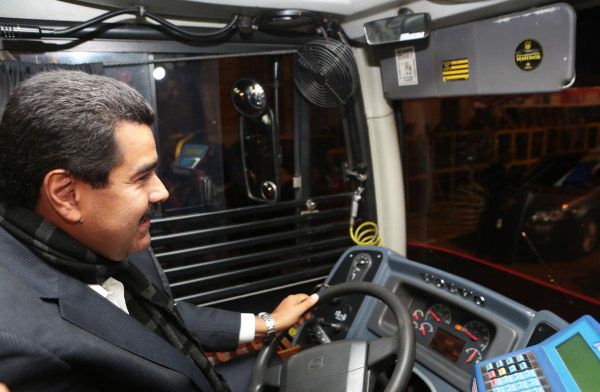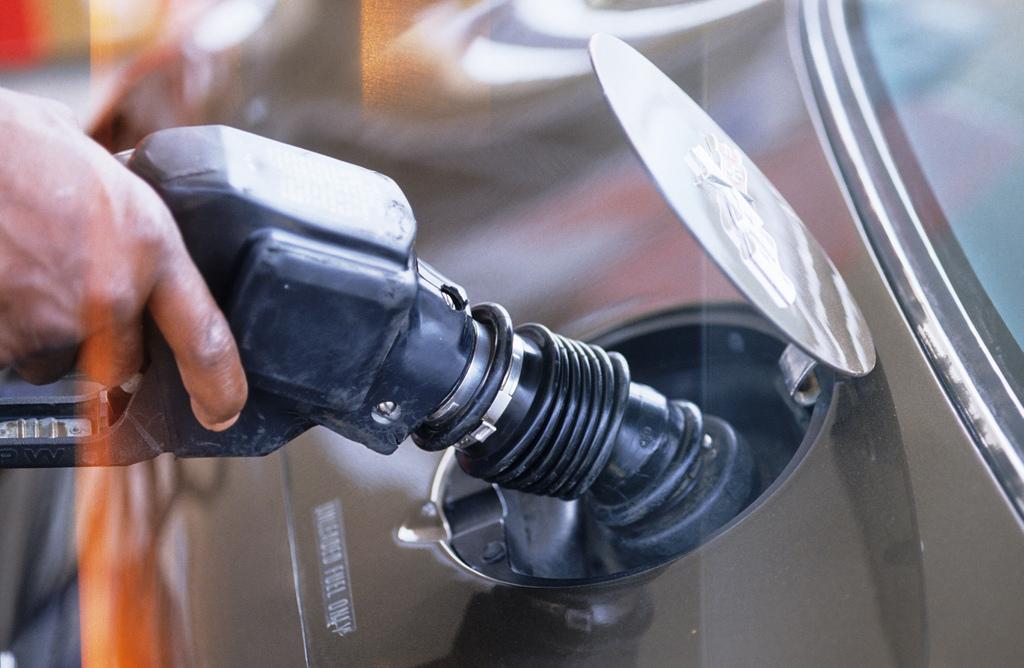Photo credit: Wisconsin Department of Natural Resource (cc)
Venezuela has the world’s cheapest gasoline prices – where a refueling of your car cost you as little as 5 cents for nearly 4 liters. But now the Venezuelan government might raise them for the first time in 16 years. The extra revenue generated would help finance social projects and help encourage the use of more fuel-efficient vehicles.
The Venezuelan government calculates that the country’s gasoline subsidies cost up to $12.5 billion every year and has called for a national debate to discuss the future of these subsidies. “There have to be big debates in Venezuela about the price of gasoline,” Vice President Jorge Arreaza told Venevision earlier this month. “We will open this up for discussion with the whole country, including organisations and private companies.”
And last week, Venezuelan President Nicolas Maduro said he is in favor of raising the country’s gas prices. Maduro said that the revenue gained from increasing the gas prices could help fund various social projects and build homes and schools. “As an oil nation, Venezuelans should have a special price advantage for hydrocarbons compared to the international market,” Maduro said. “But it has to be an advantage, not a disadvantage. What converts it into a disadvantage is when the tip you give is more than what it cost to fill the tank.”

Nicolas Maduro, a former bus driver and now President of Venezuela.
The obvious negative environmental effects from the low gas prices also worries. The government hopes that by reducing the gasoline subsidies more Venezuelans will open up their eyes for cleaner and more fuel-efficient vehicles.
This is not the first time increased gas prices is on the topic in Venezuela. In 2007, former President Hugo Chavez called the low price of gasoline “obscene” and ordered a study into the possibility of raising prices. But no increase was ever implemented. It’s clear that increased gas prices is a sensitive subject in Venezuela – especially considering its past. Large protests and riots, which resulted in an estimated 300 deaths, shocked Caracas in 1989 when President Carlos Andres Perez raised gas prices as part of an austerity package pushed by the International Monetary Fund (IMF).
Despite the country’s haunting past, several lawmakers, ministers and congressmen, including Adel El Zabayar from the socialist party (PSUV), has voiced their support for the proposal to raise gas prices. “Raising the price of gasoline is an undisputed necessity,” Zabayar has said. The country’s Minister of Energy and Petroleum, Rafael Ramirez, has said that “it’s absurd what is being paid” at the pump. Although a bit more tacit, the head Venezuelan Federation of Chambers of Commerce, Jorge Roig, has given the support to a debate regarding the countries gasoline subsidies. “It would be interesting to know what would be done with the new price of gasoline,” Roig has stated.
Commuters who use the country's public transportation system should be safe from any potential price hikes. Transport minister Haiman El Troudi has promised that public transportation will be exempt from any gasoline price increases.


Recommended Comments
Join the conversation
You can post now and register later. If you have an account, sign in now to post with your account.